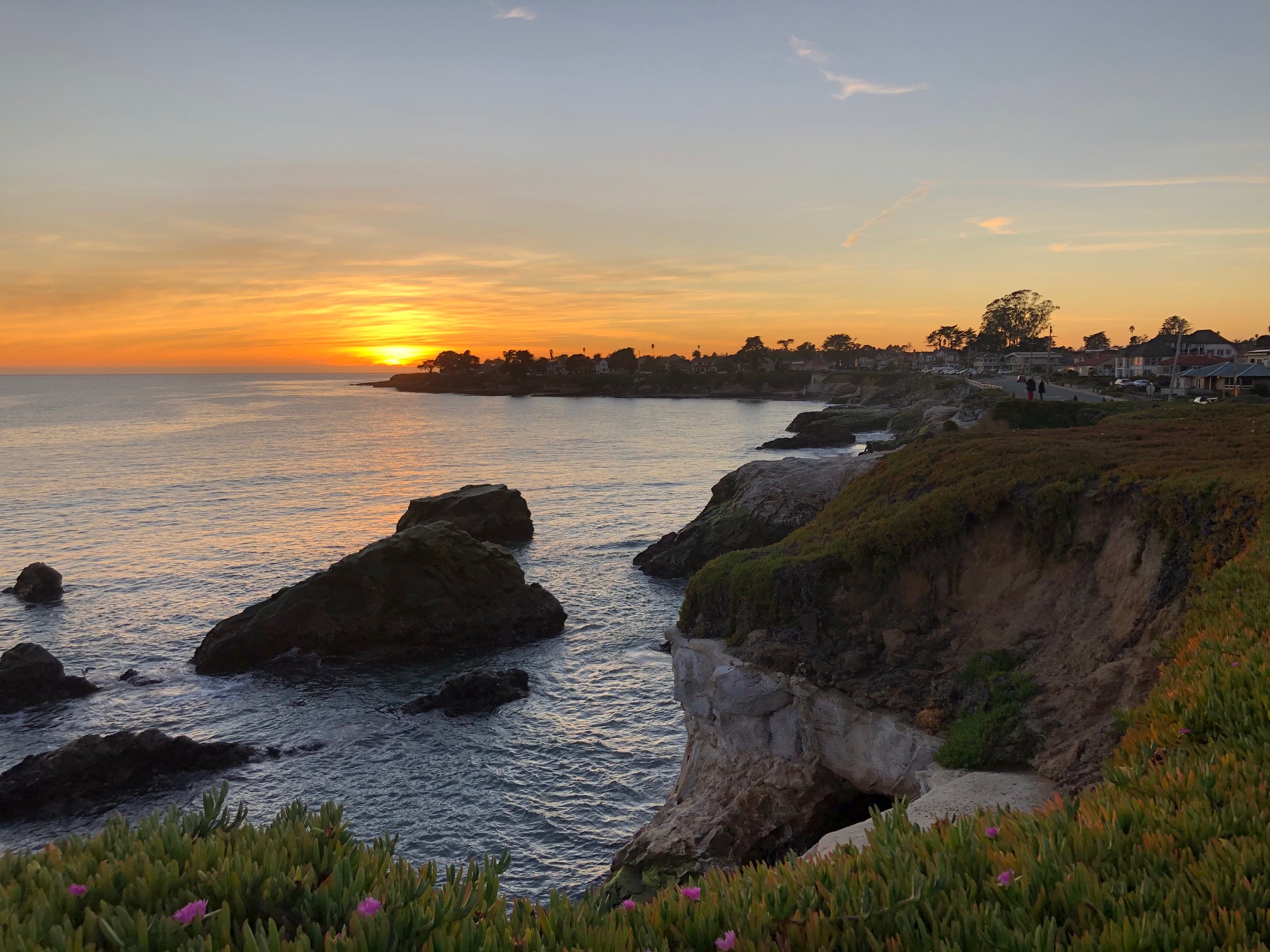Virginia
The state of Virginia funds and administers all indigent defense services in adult criminal trials. A state commission is responsible for providing oversight of services.
The state of Virginia funds and administers all indigent defense services for adult criminal cases in its appellate courts. A state commission oversees some appellate services.
-
133 Counties and Cities State Funded
-
133 Counties and Cities State Administered
-
133 Counties and Cities with a Commission With Statewide Authority
-
133 Counties and Cities State Funded
-
133 Counties and Cities State Administered
-
133 Counties and Cities with a Commission With Statewide Authority
The state-funded Virginia Indigent Defense Commission (VIDC) administers indigent defense services across the state. Public defender offices, which must be created through legislative acts, provide primary representation. Counties and municipalities can supplement the salaries of public defenders, and some do. When no public defender office is available to take a case, VIDC maintains a list of private attorneys, from which local judges appoint counsel at an hourly rate subject to statutory fee caps. The state supreme court pays private attorneys. If no attorney on VIDC’s list is available, judges may appoint other counsel. The VIDC also provides juvenile and appellate services.
VIDC is responsible for providing oversight of indigent defense. Most of the commission’s 14 members are appointed by or directly from the legislative branch. The commission appoints the VIDC executive director and sets standards. The executive director selects a chief for each public defender office and fixes staff salaries. Each chief public defender operates their office with autonomy, while VIDC focuses on statewide administrative tasks. The state has no oversight of other counsel appointed by local judges.
The state-funded Virginia Indigent Defense Commission (VIDC) administers indigent defense services in adult appeals across the state. Public defender offices, which provide trial-level services, can continue their representation through appeal. When no public defender office is available at trial, local judges appoint counsel at state expense. Counsel appointed at trial can also continue representation through appeal. Finally, VIDC has a specialized appellate unit, led by the chief appellate counsel.
VIDC is responsible for providing oversight of indigent defense. Most of the commission’s 14 members are appointed by or directly from the legislative branch. The commission appoints the VIDC executive director and sets standards. The VIDC executive director selects a chief for each public defender office and fixes staff salaries. Localities can supplement the salaries of public defenders. Each chief public defender operates their office with autonomy, while VIDC focuses on statewide administrative tasks. VIDC has no oversight of other counsel appointed by local judges.

Dig Deeper
Who serves on the commission?
In which branch of state government does the indigent defense system reside?
Support Our Work
Criminal justice issues that disproportionately harm poor people, such as wrongful convictions and over-incarceration, cannot be fixed if indigent defendants are given attorneys who do not have the time, resources, or qualifications, to be a constitutional check on government. Yet, investment in improving indigent defense services remains largely neglected. The Sixth Amendment Center is the only nonprofit organization in the country that exclusively examines, uncovers, and helps fix the root of the indigent defense crisis in which inequality is perpetuated because poor defendants do not get a fair fight.
The Sixth Amendment Center is a tax-exempt 501(c)(3) nonprofit organization under EIN: 45-3477185.
Donations are tax-deductible to the fullest extent allowable under the law.




